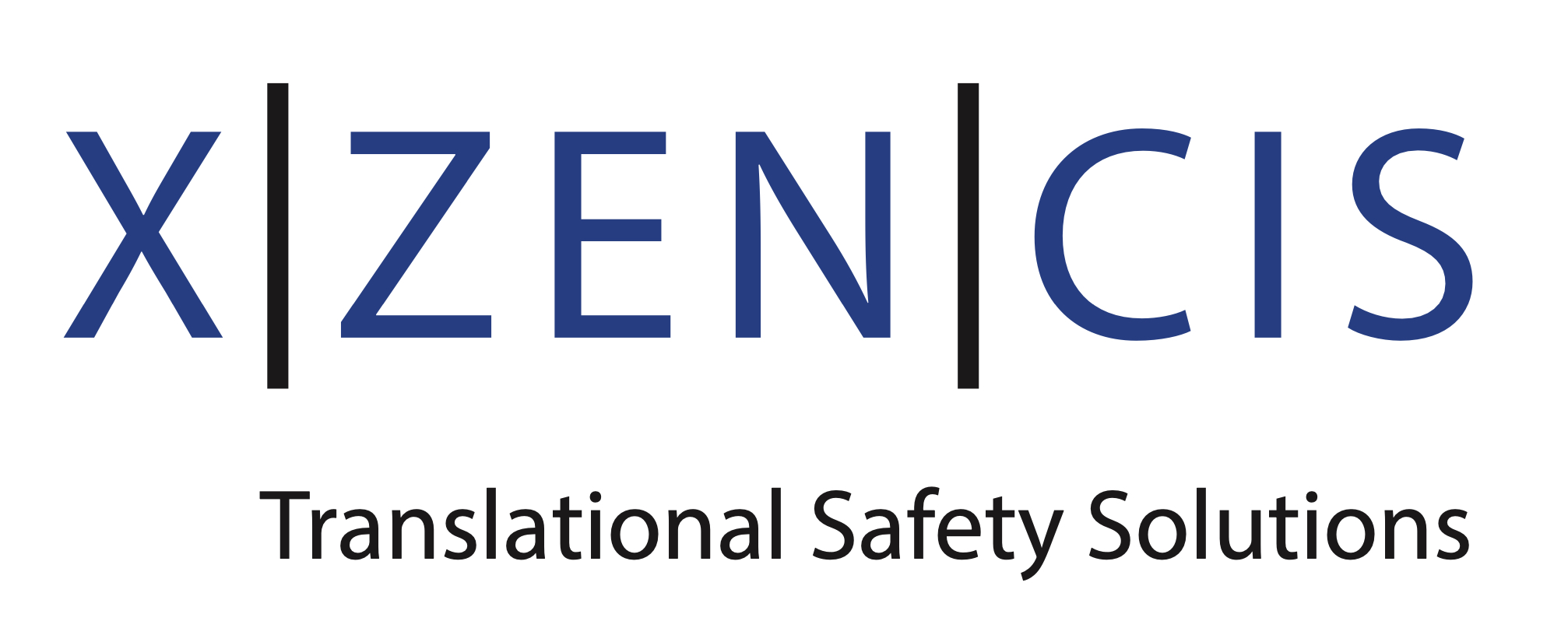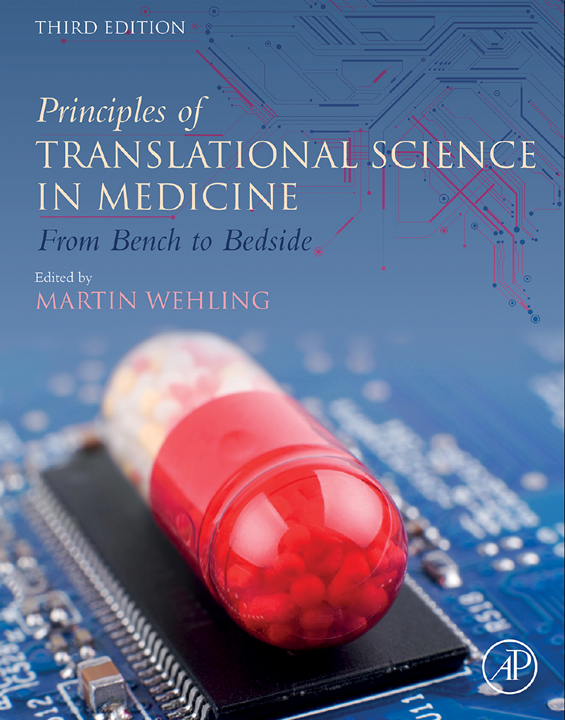By Xzencis AB
Xzencis founder contributes to two Safety chapters in textbook on Translational Medicine
Mölnlycke, Sweden: – Expert pharma and life sciences safety consultant at Xzencis has contributed significant safety insights to a well-known textbook on Translational Medicine.
Now in its third edition, Principles of Translational Science in Medicine: From Bench to Bedside offers a comprehensive guide for biomedical scientists to establish a systematic approach to translational medicine. It is edited by Prof. Dr. Martin Wehling, of the University of Heidelberg’s Clinical Pharmacology Department in Mannheim.
Major achievements
Over 32 chapters and more than 450 pages, this work reviews the major achievements in the translation of research into medically relevant results and therapeutics, presenting a thorough discussion of biomarkers, early human trials, and networking models, including institutional and industrial support systems. It also covers algorithms that have influenced all major areas of biomedical research in recent years, resulting in an increasing numbers of new chemical/biological entities (NCEs or NBEs) as shown in FDA statistics.
The latest edition includes chapters dealing with translational issues in the fast growing elderly population, case studies, translatability assessment tools, and advances in nanotherapies.
Toxicology in translation
The book includes contributions from key players in Translational Safety Medicine, including Xzencis founder and Managing Director Dr. Steffen W. Ernst, who draws on his experience and qualifications from a 25-year career in the life sciences, including clinical and cross-functional experience in five different large and medium sized pharmaceutical companies and activities across the entire value chain, from initial Target Identification to product externalization at end of patent life.
Dr. Ernst teamed with three UK-based collaborators, Richard Knight of ApconiX Ltd., Dr. Jenny Royle from Rekaryo Health Ltd., and Dr. Laura Stephenson of Cancer Research UK Manchester Institute of Cancer, to jointly author two chapters of the book.
Pharmaceutical Toxicology
Chapter 22, ‘Pharmaceutical Toxicology’ highlights the core principles of this interrelated, integrated discipline that needs to be applied throughout most stages of the drug development process to appropriately characterize the safety profile of a drug compound and acknowledge the uncertainties associated with models available.
The chapter covers such aspects as the discovery process, patient needs, regulatory demands, good laboratory practice, dose-response relationships, translational considerations, animal models, regulatory alternatives such as the exploratory investigational new drug approach, and use of biomarkers.
Translational Safety Medicine
Dr. Ernst also lead authored Chapter 23 ‘Translational Safety Medicine’, a term coined by the authors that examines the entire safety value chain of pharmaceuticals, from the start of a drug project in early discovery to the product’s withdrawal, brand, or generic, from is final market. The term Translational Safety Medicine encompasses the many different functions, disciplines, systems, departments and experts involved in the safe exploration and active development of pharmaceuticals.
The chapter reviews the practical and applied nature of the work and stresses the importance of clinical and postlaunch safety development. It takes a critical look at current practices and organizational asepcts, analyses areas of improvement, and highlights a number of best practice approaches and suggestions.
The authors highlight the need for a seamless, uninterrupted and objective-driven approach to safety product development and the tremendous moral, therapeutic and commercial gains of successful programs.
About Xzencis AB
Xzencis provides a wide suite of expert consultancy services focused on Translational Safety Solutions: planning and executing transitions and problem solving along the entire pharmaceutical value chain from pre-clinical target to market launch and beyond.
The company’s strength is based on in-depth subject matter expertise in medicinal regulation, toxicology, clinical Patient Safety (PS) and Pharmacovigilance (PV), business administration, business development and licensing uniquely combined with hands-on business experience. These allow us to assist any life sciences company or organization with safety and regulatory issues, such as strategy development and execution, pre-clinical and clinical challenges, inbound or outbound licensing, building safety value chains, governance, Due Diligence assessments for investors and organizational design of safety departments.
Where extra personnel are required, Xzencis can call on an extensive network of senior, experienced Toxicologists, NCDS sub-discipline experts, Safety Physicians, Safety Scientists and PV Systems experts – all with tested and proven, impeccable track records.
Learn more at: www.xzencis.com
Resources
Click on Principles of Translational Science in Medicine From Bench to Bedside 3rd Edition for further information.



















